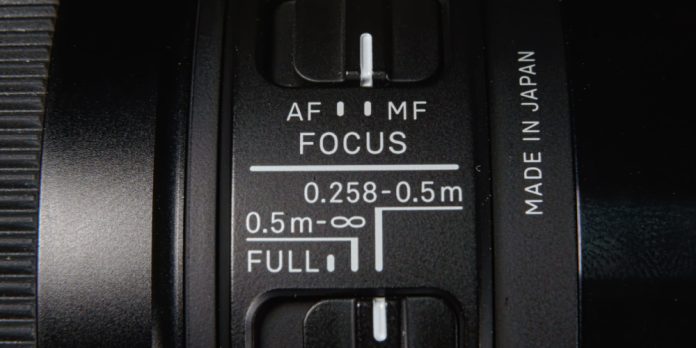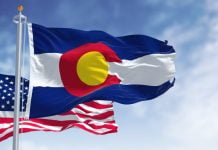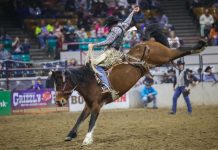Next week, Colorado regulators will meet to discuss proposed regulations for daily fantasy sports in the state.
The state legalized DFS relatively early on, passing a law in the summer of 2016. The regulations currently overseeing the industry are relatively brief. There are some distinctions between small and large fantasy operations (more or less than 7,500 users), but there is no clear definition of what a fantasy game is.
Proposed regulations discussed at a Sept. 1 workshop will be up for discussion at an Oct. 30 meeting. These regulations are an expanded version that more clearly delineates what is and is not a fantasy contest.
Per the proposed regulations, the definition of “authorized fantasy contest” includes the following:
- Has an entry fee, offers a prize, and is based on the statistics of multiple athletes
- “Fantasy contests shall include contests where patrons compete against other patrons. Contests that include parlay style wagers that are stacked wagers on single athletes against fantasy contest providers shall be prohibited”
- Props-style fantasy contests must feature at least two athletes from two different teams with the outcome of the contests based on cumulative fantasy points from those players.
The language around parlay-style wagers is somewhat unclear on whether fantasy vs. the house is prohibited or only prohibited when dealing with a single athlete, which might be a topic that comes up at next week’s meeting.
Lest there be any confusion, operators will also be required to submit detailed information about the types of contests they intend to offer in the state to regulators in advance.
Other elements of the regs include more robust advertising standards, including a ban on the use of the word “free”. Fantasy operators will also need to establish a self-exclusion for patrons and prominently display responsible gambling messaging and the 1-800-GAMBLER helpline.
Licensing fees will also be $350 for small fantasy advertisers and $15,000 for larger operators. Both types of operators are required to register with the state.
Many states are revising the scope of their fantasy regulations, most notably Michigan and New York. Like those states, Colorado has explicitly legalized and regulated DFS previously and are circling back to expand regulations. The Sept. 1 workshop featured representatives from the major fantasy sites including FanDuel, Underdog, and PrizePicks, as well as several members of the responsible gambling community.













